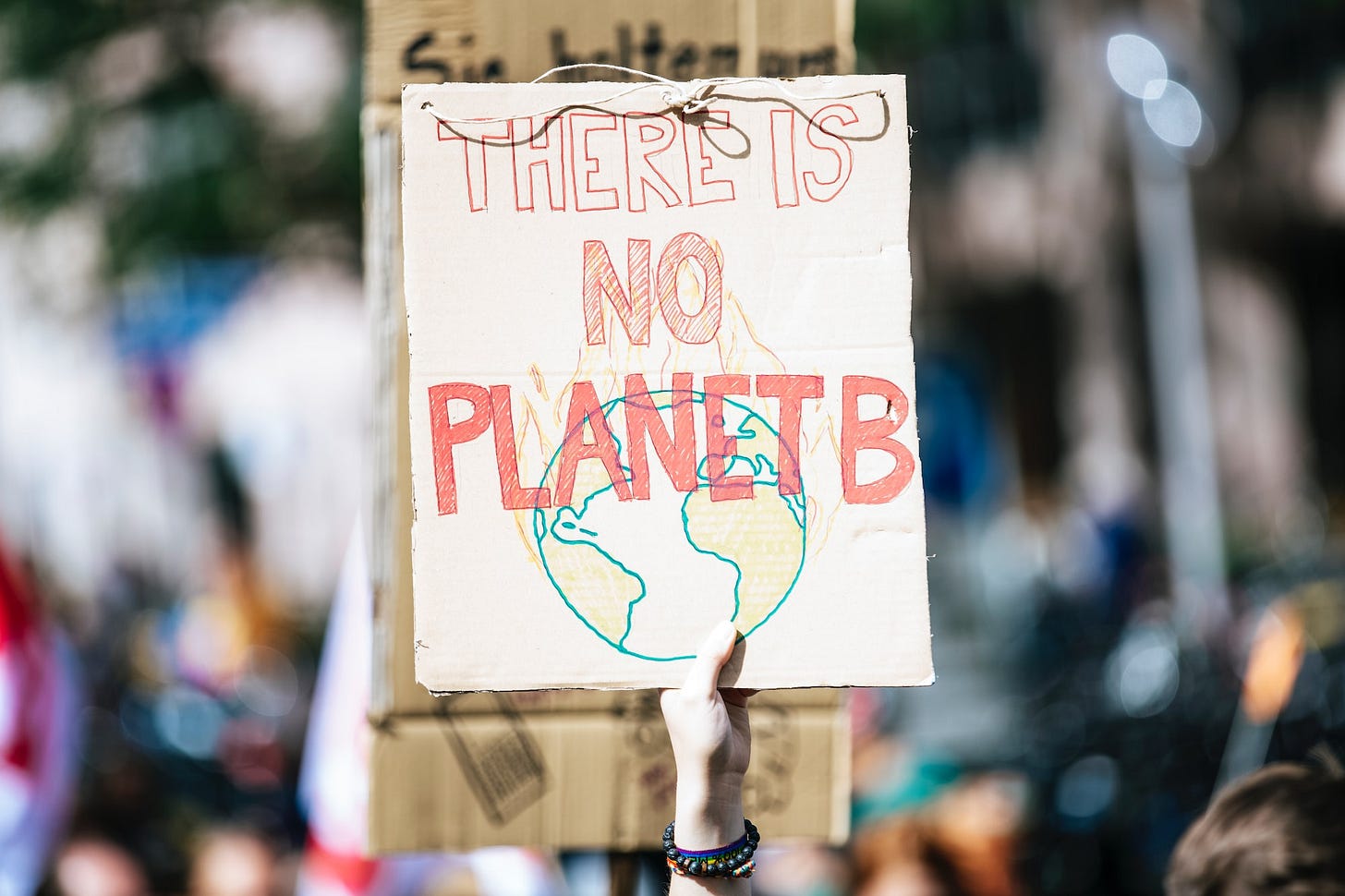The sixth assessment review of the IPCC and climate change report.

A brief summary of the sixth assessment:
The IPCC (Intergovernmental Panel on Climate Change) is a UN body that assesses the scientific, technical, and socio-economic aspects of climate change1. The IPCC produces comprehensive Assessment Reports every six to seven years, with contributions from three Working Groups and a Synthesis Report1. The latest report is the Sixth Assessment Report (AR6), which is being published over 2021-20231.
The AR6 consists of four parts:
The Working Group I (WGI) report, which was released on 9 August 2021, focuses on the physical science basis of climate change. It provides the most up-to-date understanding of the climate system and climate change, based on multiple lines of evidence from paleoclimate, observations, process understanding, and global and regional climate simulations2.
The Working Group II (WGII) report, which is expected to be released on 28 February 2022, assesses the impacts of climate change on ecosystems, biodiversity, and human communities at global and regional levels. It also reviews the vulnerabilities and the capacities and limits of the natural world and human societies to adapt to climate change and reduce climate-associated risks. It also explores options for creating a sustainable future for all through an equitable and integrated approach to mitigation and adaptation efforts at all scales3.
The Working Group III (WGIII) report, which is expected to be released on 4 April 2022, assesses all aspects of mitigation of climate change, including technical feasibility, cost, and the enabling environments that would allow measures to be taken up. It covers policy instruments, governance options, and social acceptability of mitigation actions. It also examines synergies and trade-offs with adaptation measures, co-benefits, risks, and links to sustainable development4.
The Synthesis Report (SYR), which is expected to be released on 20 March 2023, synthesises and integrates the key findings of the three Working Group reports and the three Special Reports produced in the sixth assessment cycle. It is written in a non-technical style suitable for policymakers and addresses a broad range of policy-relevant but policy-neutral questions approved by the IPCC member governments4.

The AR6 aims to provide policymakers and other stakeholders with the best available scientific knowledge on climate change, its causes, potential impacts, and response options. It also highlights the urgency and the opportunities for action to limit global warming and achieve a more resilient and sustainable future for all4.
Climate change:
According to the IPCC's recent report, climate change is the single biggest health threat facing humanity, and health professionals worldwide are already responding to the health harms caused by this unfolding crisis1. The report warns that climate change affects the social and environmental determinants of health – clean air, safe drinking water, sufficient food and secure shelter1. It also highlights the urgency and the opportunities for action to limit global warming and achieve a more resilient and sustainable future for all1.
Some of the main impacts of climate change on environmental health are:
Increasing frequency and intensity of extreme weather events, such as heatwaves, storms and floods, which can cause death, injury, displacement, disease outbreaks, mental stress, and damage to health infrastructure and services12.
Rising temperatures and changing precipitation patterns, which can alter the distribution and transmission of infectious diseases, such as malaria, dengue, cholera, and Lyme disease12. Climate change can also increase the risk of zoonotic diseases, such as COVID-19, by affecting the interactions between humans, animals, and ecosystems2.
Worsening air quality, due to increased emissions of greenhouse gases and air pollutants from fossil fuel combustion, biomass burning, and dust storms12. Exposure to air pollution can cause respiratory and cardiovascular diseases, cancer, and premature death12.
Disruption of food systems, due to changes in crop yields, pests, diseases, water availability, and soil quality12. Climate change can also affect food safety, nutrition, and food security12. Malnutrition, especially among children and pregnant women, can increase the risk of infections, stunting, anaemia, and maternal and child mortality12.
Threats to water quality and quantity, due to changes in precipitation patterns, melting glaciers, sea level rise, saltwater intrusion, flooding, droughts, and water contamination12. Climate change can also affect sanitation and hygiene practices12. Lack of safe water can lead to dehydration, diarrhoeal diseases, cholera, typhoid fever, hepatitis A, and other waterborne illnesses12.
Effects on mental health, due to exposure to traumatic events, loss of livelihoods, displacement, social disruption, violence, conflict, and uncertainty12. Climate change can also affect psychological well-being by inducing stress, anxiety, depression, grief, anger, guilt, and helplessness12.
The report also emphasizes that the impacts of climate change on environmental health are not evenly distributed across populations and regions. The people whose health is being harmed first and worst by the climate crisis are the people who contribute least to its causes. These include people in low-income and disadvantaged countries and communities; children; women; older people; indigenous peoples; ethnic minorities; migrants; refugees; people with disabilities; people with chronic diseases; and people living in fragile or conflict-affected settings12.

The report calls for urgent and ambitious action to reduce greenhouse gas emissions and enhance adaptation measures to protect human health from the adverse effects of climate change. It also urges for a transformation towards healthy environments that support well-being for all. This requires a whole-of-society approach that integrates health considerations into policies and actions across sectors such as energy; transport; agriculture; industry; urban planning; waste management; education; and disaster risk reduction12.
The report also highlights the co-benefits of climate action for health. For example,
Shifting to renewable energy sources can reduce air pollution and respiratory diseases;
Promoting active transport modes such as walking and cycling can reduce obesity and cardiovascular diseases;
Adopting plant-based diets can reduce greenhouse gas emissions and chronic diseases;
Enhancing natural ecosystems can increase biodiversity and prevent zoonotic diseases;
Improving water management can prevent water scarcity and waterborne diseases;
Strengthening health systems can improve access to quality care and resilience to climate shocks.
The report concludes that addressing climate change is not only a moral duty but also an opportunity to improve human health and well-being. It calls for global solidarity among all actors to act now for a healthier planet for healthier people.





